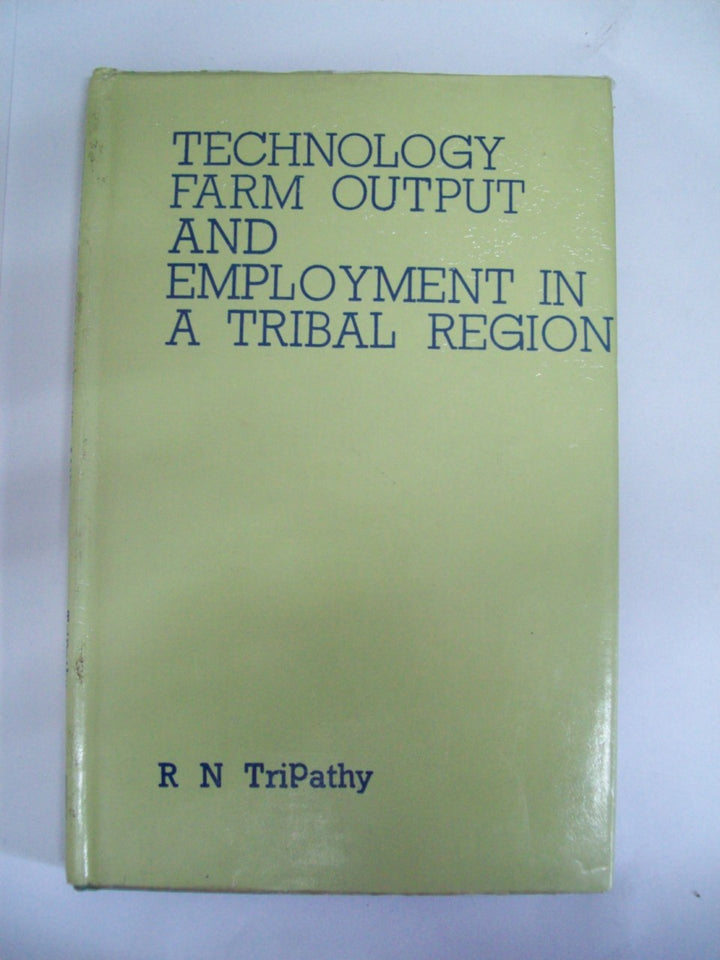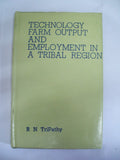Technology, Farm Output And Employment In A Tribal Region
Regular price
Rs. 130.00
This book is essentially a study in applied economics, its main focus being on the analysis of the employment implications of HYV crops in the rural economy, of a tribal region. The raising of the HYV crops after the mid sixties in India has been associated with the introduction of a new farm technology which is characterized as the biological-chemical technology. The study reveals a number of striking features of the agricultural economy of the Chotanagpur region of Bihar with a sizeable tribal population which it shares with the other regions of the country. The concentration co-efficient of the population on land being very high, the land-labour ratio has been found to be quite low, though there is considerable difference in this ratio with regard to different size classes of farmers. The biological-chemical technology has not made so far any significant impact on farming in the region and even the large farmers have adopted it on a small scale while the impact of mechanisation on farming has been found to be practically non-existent. The intensity of cropping has been found to be low as compared to the national average and no uniform trend has been observed in its behaviour in relation to the size of farms. There is a great diversification in cropping pattern as the farm size tends to increase but this is much lower as compared to the agriculturally advanced regions. There is a great diversification in the cropping pattern in the areas with assured irrigation facilities while sub-sistene farming abounds in other areas. The book provides important guidelines for the formulation and implementation of a suitable policy mix to increase the intensity of level of employment of rural labour force. It emphasizes that apart from the supply of vital agricultural inputs, the role of knowledge, which arises from investment in human capital, is an important ingredient of economic and social change. It also draws attention to the strengthening of the institutional framework of agricultural development so that the public agencies engaged in the task of economic and social development of the tribal regions of the country are transformed into effective and dynamcs instruments.
Guaranteed Safe Checkout





